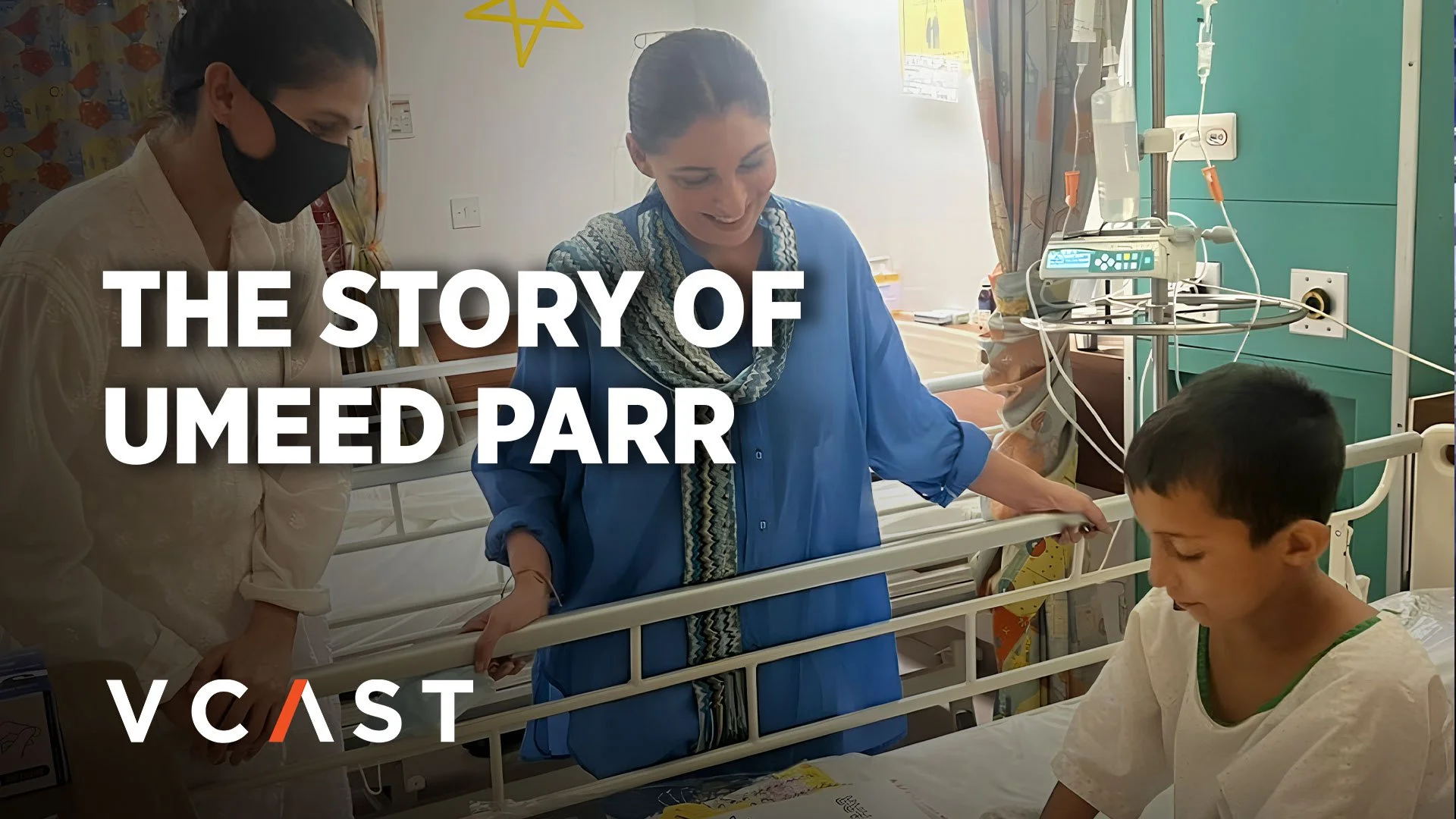Heroes among us: Air Cdre. (r) Shabbir Ahmed Khan and the story of Rashidabad
"If you build a good school in a rural area, you also need good teachers — and a place for them to live…then they will also need healthcare, so you also create a hospital. But then you can’t forget the orphans, the destitute, and children with special needs.”
In uniform and beyond, Air Cdre. (r) Shabbir Ahmed Khan and his comrades have exemplified service to the nation by creating the welfare city of Rashidabad — uniting 14 organizations to provide education, healthcare, and social support in a rural community.
Khan joined the Pakistan Air Force at the onset of the 1965 war, training as a bomber pilot. As a young pilot, he often flew bombers with Air Commodore Ali as navigator. Their missions crisscrossed Pakistan, and during those flights they would mark places on the map where a city dedicated to healthcare and education could one day be built.
During the 1971 war, after returning from an unsuccessful mission against an Indian airfield, Khan encountered a helper who needed five rupees for his son’s medicine — money Khan took from his Flight Commander’s wallet. The Flight Commander, leaving for a mission, said that Khan could keep the wallet; he would only take the wallet back if he returned alive. The Flight Commander did return, but six crew members did not.
In the quiet hours that followed, Khan remarked “I don’t know whose turn it is now, so let’s leave the perishable [cash] behind.” His squadron pooled their remaining cash — about 2,790 rupees — and that was the beginning of Rashidabad.
While the officers began with a vision to build a single school, Khan and his fellow veterans soon realized that true impact required much more. They needed to ensure access to quality teachers, provide housing for staff, establish healthcare services, and extend support to orphans and children with special needs; so they pooled their commutation pensions to purchase land for a welfare city.
Then a tragedy struck. Khan’s only son, Flt. Lt. Rashid — named after Rashid Minhas — was martyred when his aircraft caught fire, and he sacrificed himself instead of ejecting from his seat over a populated area.
When board member M.M. Alam proposed naming the welfare city “Rashidabad” after Flt. Lt. Rashid, Khan initially hesitated, not wanting the city to seem like a project created out of emotions for his son. But the name endured — a tribute both to his son and to the cause.
Today, Rashidabad has grown into a collaborative hub, where some of Pakistan’s leading welfare organizations work side by side. The Citizens Foundation runs a full school complex, while another 3,000-student school is supported by General Traders, run by PAF Lower Topa. The PAF Sargodha Old Boys’ Association operates a public school, while Mustafa Welfare Trust runs an orphanage providing shelter to children. A school for the deaf has been taken over by the Family Educational Services Foundation, and Dar-ul-Sukun has set up a center to take care of the physically and mentally disabled.
Skill-building and livelihood opportunities are provided through the Hunar Foundation’s technical school and the DMKM Trust’s industrial home. LRBT operates a dedicated eye hospital, Fatimid Foundation manages a blood bank, and Fauji Foundation runs a general hospital offering free treatment to retired lower-rank army staff and subsidized care to civilians. Rashid Welfare Trust also supports those eligible for zakat.
Therefore, what began as a vision sketched on a navigator’s map in the cockpit has now become a living city.
And, on a personal note, Khan shares that “history didn’t end” with his son’s martyrdom. His eldest daughter has a son named Rashid who joined the Pakistan Air Force Academy as well.
To learn more about Rashidabad, visit their website.
Aug 18, 2025 - Editor’s Note: The organization behind Rashidabad, Rashid Memorial Welfare Organization, is now also developing Alamabad Welfare City in Swabi, Khyber Pakhtunkhwa; it will be a vibrant hub for education, healthcare, and community development. Watch the VCast interview covering these new plans here.
This article was developed with the assistance of AI tools.




